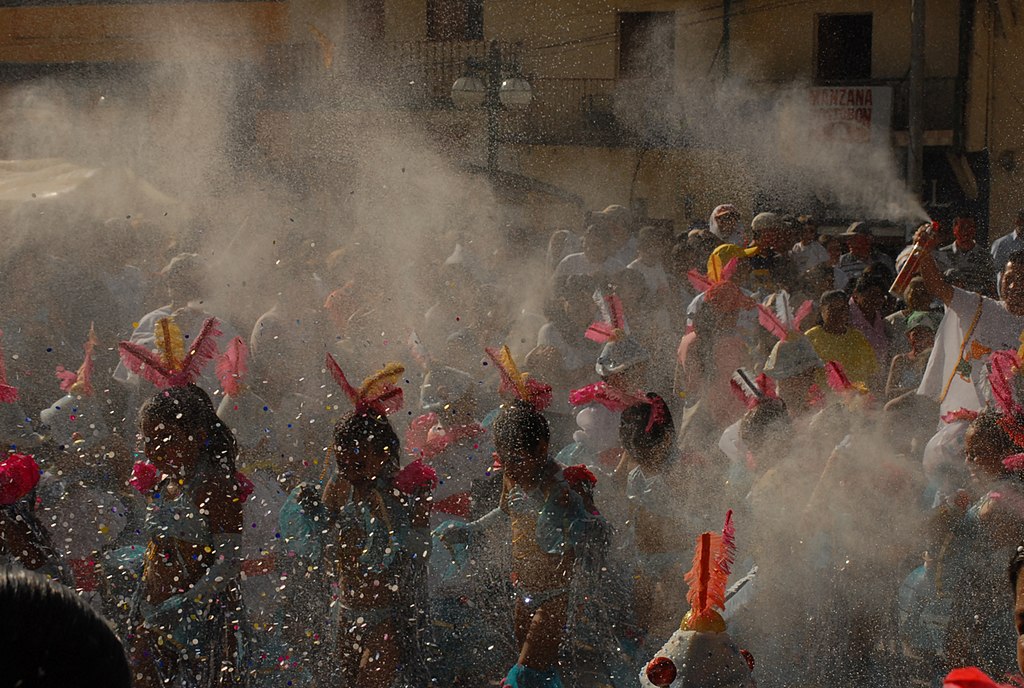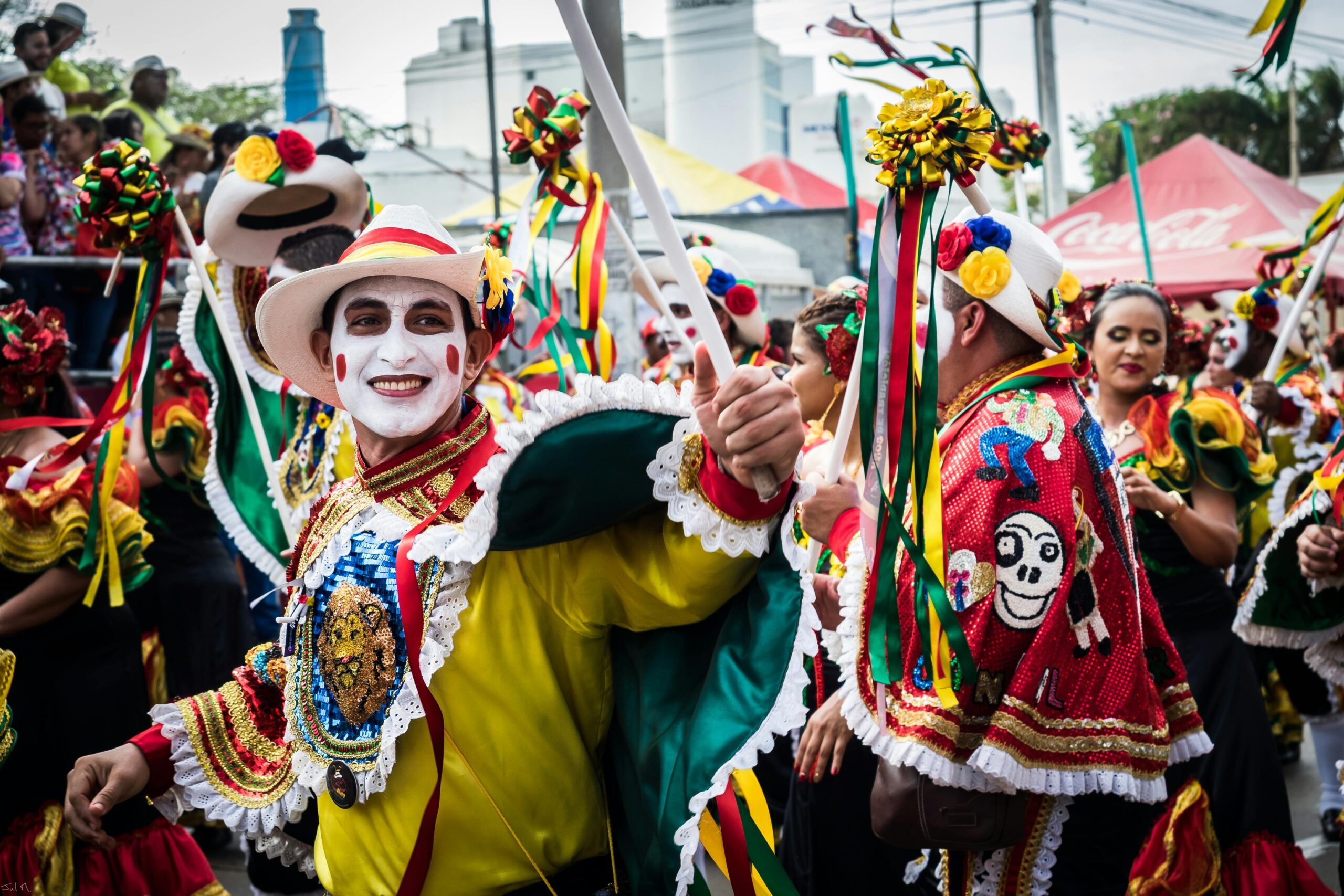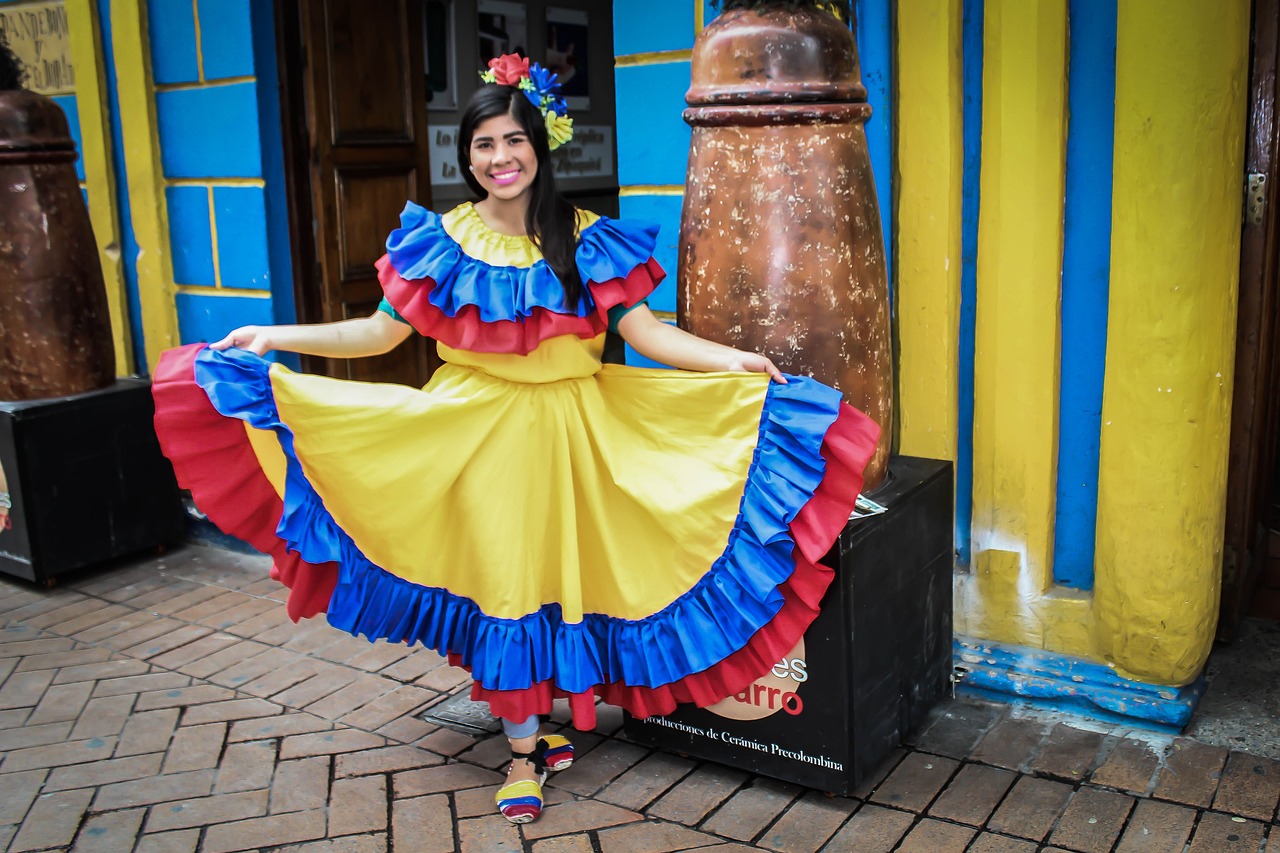
Explore Colombia’s rich cultural diversity through community-based tourism, offering unique experiences that connect travelers with indigenous and rural communities.
Colombia is rich in cultural diversity, and one of the most authentic ways to experience it is through community-based tourism. This approach allows travelers to immerse themselves in the daily lives of indigenous and rural communities, gaining deep insights into their traditions, customs, and ways of life. These experiences not only offer unique cultural connections but also contribute to the sustainability and well-being of the communities involved.
1. Visiting Indigenous Communities
Explore indigenous communities like the Wayúu in La Guajira or the Kogi in the Sierra Nevada de Santa Marta. These visits offer opportunities to learn about ancient rituals, sustainable living practices, and the rich oral histories passed down through generations. Travelers can engage in hands-on activities such as traditional crafts and participate in ceremonies that reveal the deep spiritual connections these communities have with their land.
Example: Wayúu Weaving Workshops: Visitors can learn the intricate process of weaving Wayúu mochilas, a traditional art form that is both culturally significant and economically vital to the community.
Specific Details:
- Location: Wayúu community near Riohacha, La Guajira.
- Activity: Engage in the weaving process, from selecting colors to crafting the final product.
- Cultural Interaction: Tourists can interact with artisans, understanding the cultural significance behind the designs and the stories woven into each piece.
2. Agrotourism in Rural Areas
Agrotourism offers a hands-on experience of rural life in Colombia. Visit coffee farms in the Coffee Triangle, where you can participate in the coffee harvesting process, learn about production, and enjoy local hospitality. Many of these experiences also include guided walks through the plantations, tastings, and the option to stay in eco-lodges.
Example: Coffee Farm Experience in Quindío: Spend a day living the life of a coffee farmer, from picking beans to tasting freshly roasted coffee.
Specific Details:
- Location: Coffee farm near Armenia, Quindío.
- Activity: Participate in coffee bean harvesting, processing, and roasting, followed by a guided tasting.
- Cultural Interaction: Farmers share stories about the significance of coffee in Colombian culture, offering a unique perspective on their daily lives.
3. Rural Tourism and Local Festivals
Another way to connect with communities is by participating in local festivals. From the Carnaval de Negros y Blancos in Pasto to patronal festivals in small towns, these events offer an immersive cultural experience. Visitors can enjoy traditional music, dances, and foods while becoming part of the local celebrations.
Example: Carnaval de Riosucio in Caldas: This carnival blends indigenous mythology with Christian celebration, offering a unique cultural experience in a vibrant and colorful setting.
Specific Details:
- Location: Riosucio, Caldas.
- Activity: Participate in parades featuring a mix of indigenous and colonial traditions, attend traditional dances, and savor local foods specially prepared for the festival.
- Cultural Interaction: Tourists are encouraged to actively engage in the festivities, learning about the symbolism behind the costumes, music, and dances, and connecting with locals in a celebratory atmosphere.
Benefits of Community-Based Tourism
Community-based tourism enriches the travel experience and strengthens local communities by creating economic opportunities and preserving cultural heritage. It also promotes sustainable and environmentally friendly tourism practices that respect local traditions and ecosystems.
Conclusion
Connecting with local cultures through community-based experiences in Colombia offers a deep and meaningful way to travel. Visitors not only discover new destinations but also contribute to the sustainable development and well-being of the communities that welcome them. This approach to tourism not only creates unforgettable memories but also helps preserve Colombia’s cultural heritage for future generations.



